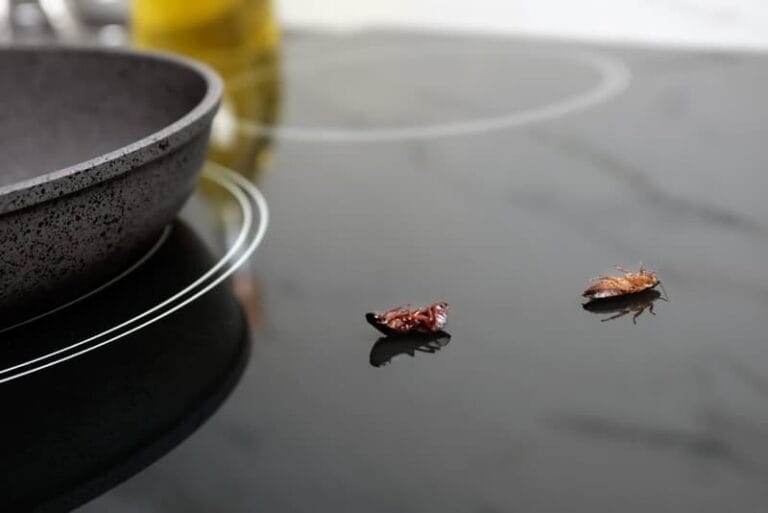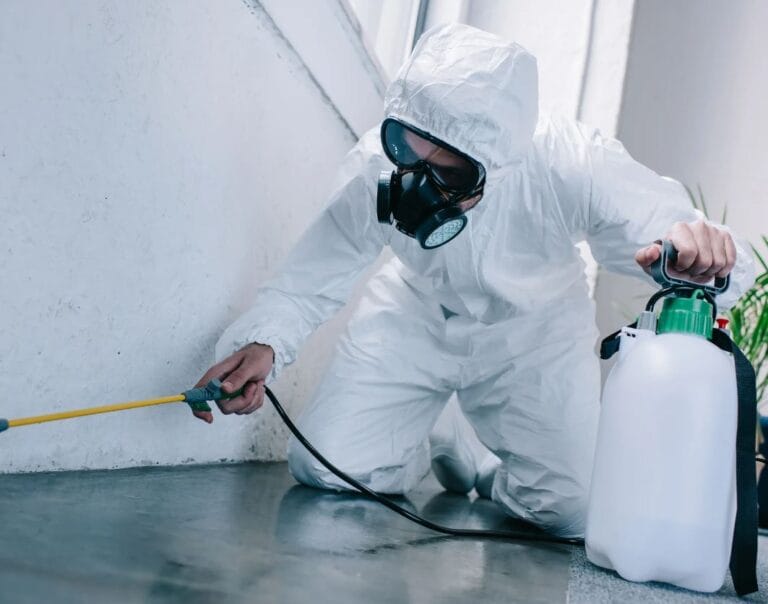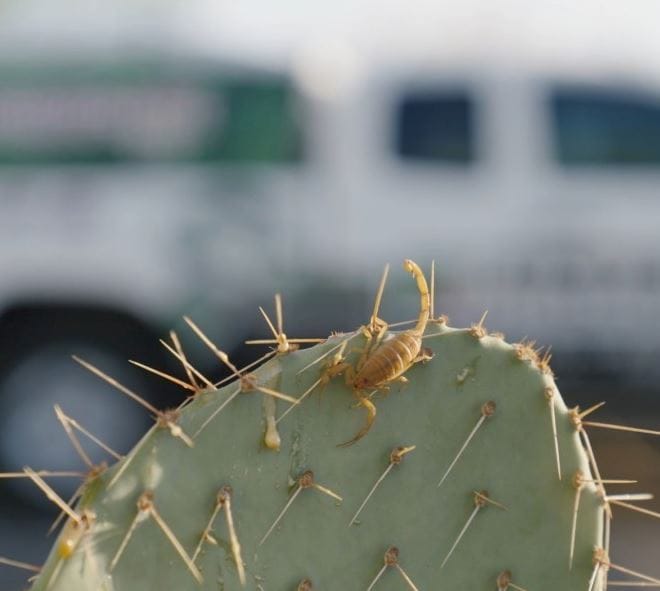When Do Mosquitoes Go Away in Alabama? Here’s What to Know

Mosquitoes are more than just a nuisance—they can ruin outdoor activities, leave itchy bites, and even spread diseases. If you live in Alabama or plan to visit, you might wonder: When do mosquitoes go away? The answer isn’t as simple as a single date on the calendar. Alabama’s warm, humid climate creates an ideal environment for mosquitoes, meaning they can stick around for much of the year.
In this comprehensive guide, we’ll explore:
- Alabama’s mosquito season and when they typically disappear
- Factors that influence mosquito activity
- The worst months for mosquitoes in Alabama
- How to protect yourself from bites
- Long-term mosquito control strategies
By the end, you’ll have a clear understanding of when you can expect relief from these pesky insects and how to keep them at bay.
Understanding Alabama’s Mosquito Season
Mosquitoes thrive in warm, moist environments, and Alabama’s subtropical climate provides the perfect breeding ground. The state experiences long, hot summers and mild winters, allowing mosquitoes to remain active for extended periods.
When Do Mosquitoes Appear in Alabama?
Mosquito activity typically begins in early spring (March-April) when temperatures consistently stay above 50°F. As the weather warms up, mosquito populations explode, peaking in the summer months.
When Do Mosquitoes Go Away in Alabama?
Mosquitoes don’t completely disappear until temperatures drop below 50°F for an extended period. In Alabama, this usually happens in late fall (November), though some species may remain active in sheltered areas during mild winters.
Key Takeaways:
- Spring (March-May): Mosquitoes become active as temperatures rise.
- Summer (June-August): Peak mosquito season due to heat and humidity.
- Fall (September-November): Activity declines but persists until colder weather arrives.
- Winter (December-February): Most mosquitoes die or become dormant, except in warmer microclimates.
Factors That Influence Mosquito Activity in Alabama
Several environmental factors determine how long mosquitoes stay active in Alabama:
1. Temperature
Mosquitoes are cold-blooded, meaning their activity depends on external temperatures. Most species become inactive below 50°F and die off in freezing conditions. However, Alabama’s winters are often mild, allowing some mosquitoes to survive.
2. Rainfall and Standing Water
Mosquitoes breed in standing water, so heavy rainfall or poor drainage can extend their season. Even small amounts of water (like in flower pots, gutters, or old tires) can become breeding sites.
3. Humidity
High humidity helps mosquitoes thrive by preventing dehydration. Alabama’s muggy summers create ideal conditions for them to multiply rapidly.
4. Species of Mosquitoes
Alabama is home to over 60 mosquito species, each with different habits:
- Aedes aegypti (Yellow Fever Mosquito): Active during the day, common in urban areas.
- Culex pipiens (Common House Mosquito): Most active at dusk and dawn, spreads West Nile virus.
- Anopheles quadrimaculatus (Malaria Mosquito): Prefers permanent water sources.
Some species, like the Asian tiger mosquito (Aedes albopictus), can remain active well into fall.
The Worst Months for Mosquitoes in Alabama
While mosquitoes can be present from early spring to late fall, the worst months are typically:
June – August
- Peak heat and humidity accelerate mosquito breeding.
- Frequent afternoon thunderstorms create standing water.
- Outdoor activities (BBQs, swimming, camping) increase exposure.
September – October
- While temperatures start to cool, early fall rains can prolong mosquito activity.
- Some species remain active until the first hard frost (which may not occur until December in South Alabama).
How to Protect Yourself from Mosquitoes in Alabama
Since mosquitoes don’t fully disappear until late fall, protecting yourself is crucial. Here are the best strategies:
1. Eliminate Standing Water
- Empty bird baths, flower pots, and gutters weekly.
- Cover rain barrels with fine mesh.
- Keep swimming pools treated and circulating.
2. Use Mosquito Repellents
- EPA-approved repellents (DEET, picaridin, oil of lemon eucalyptus) are most effective.
- Natural alternatives (citronella, lavender oil) offer short-term relief.
3. Wear Protective Clothing
- Long sleeves and pants in light colors (mosquitoes are attracted to dark shades).
- Permethrin-treated clothing for extended outdoor activities.
4. Install Physical Barriers
- Window and door screens to keep mosquitoes outside.
- Mosquito nets for patios and sleeping areas.
5. Professional Mosquito Control
- Larvicide treatments for standing water.
- Fogging and spraying by pest control companies.
Long-Term Mosquito Control Strategies for Alabama Homeowners
If you want to reduce mosquitoes around your property year after year, consider these long-term solutions:
1. Landscape Modifications
- Remove dense shrubs and tall grass where mosquitoes rest.
- Use mosquito-repellent plants (marigolds, basil, rosemary).
2. Install Mosquito Traps
- CO2 traps attract and capture adult mosquitoes.
- Bug zappers can help reduce populations.
3. Encourage Natural Predators
- Bats, dragonflies, and birds eat mosquitoes—install bat houses and bird feeders.
4. Community-Wide Efforts
- Support local mosquito control programs.
- Report neglected swimming pools or stagnant water in your neighborhood.
Final Thoughts: When Can Alabamians Expect Mosquito Relief?
Mosquitoes in Alabama are most active from April to November, with peak annoyance in June through August. While they begin to die off in late fall, a warm winter can allow some to linger.
Key Takeaways:
✅ Mosquito season starts in early spring and lasts until late fall.
✅ Peak activity occurs during hot, humid summer months.
✅ They disappear only after consistent cold weather (below 50°F).
✅ Prevention is key—eliminate standing water and use repellents.
By understanding Alabama’s mosquito patterns and taking proactive measures, you can enjoy the outdoors without constant swatting. Stay vigilant, protect yourself, and look forward to those first frosts when mosquitoes finally retreat!







